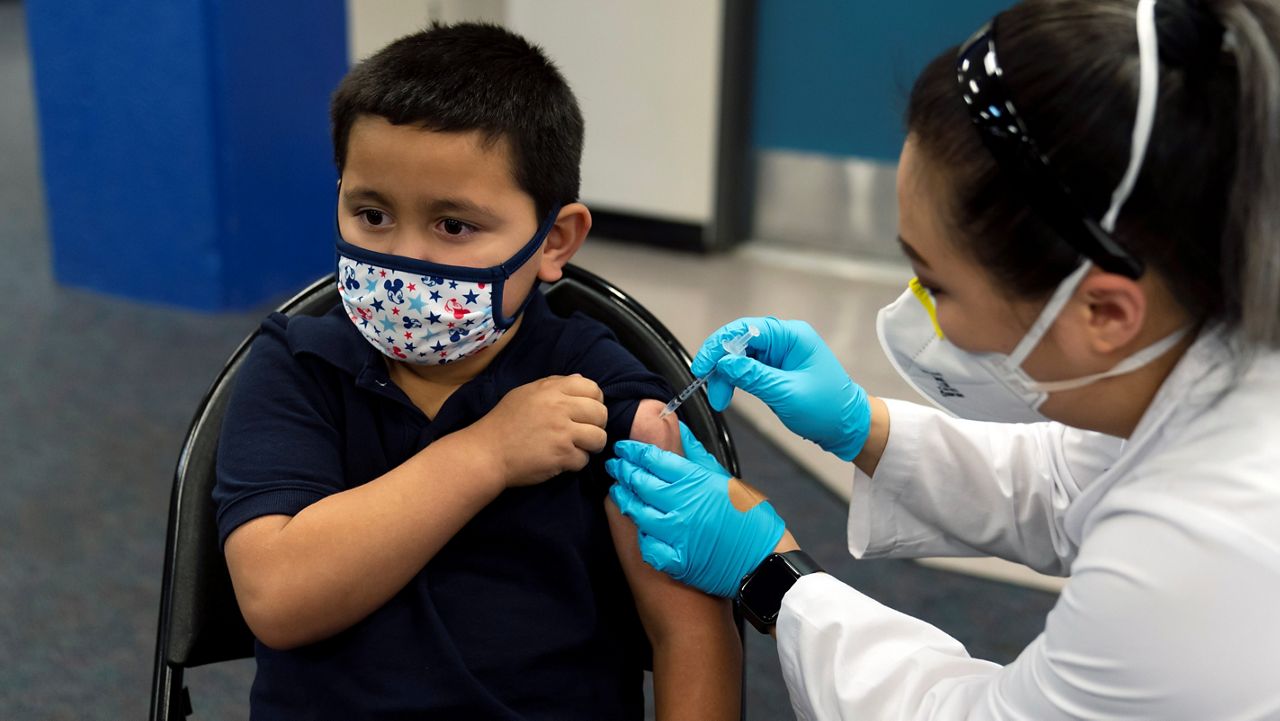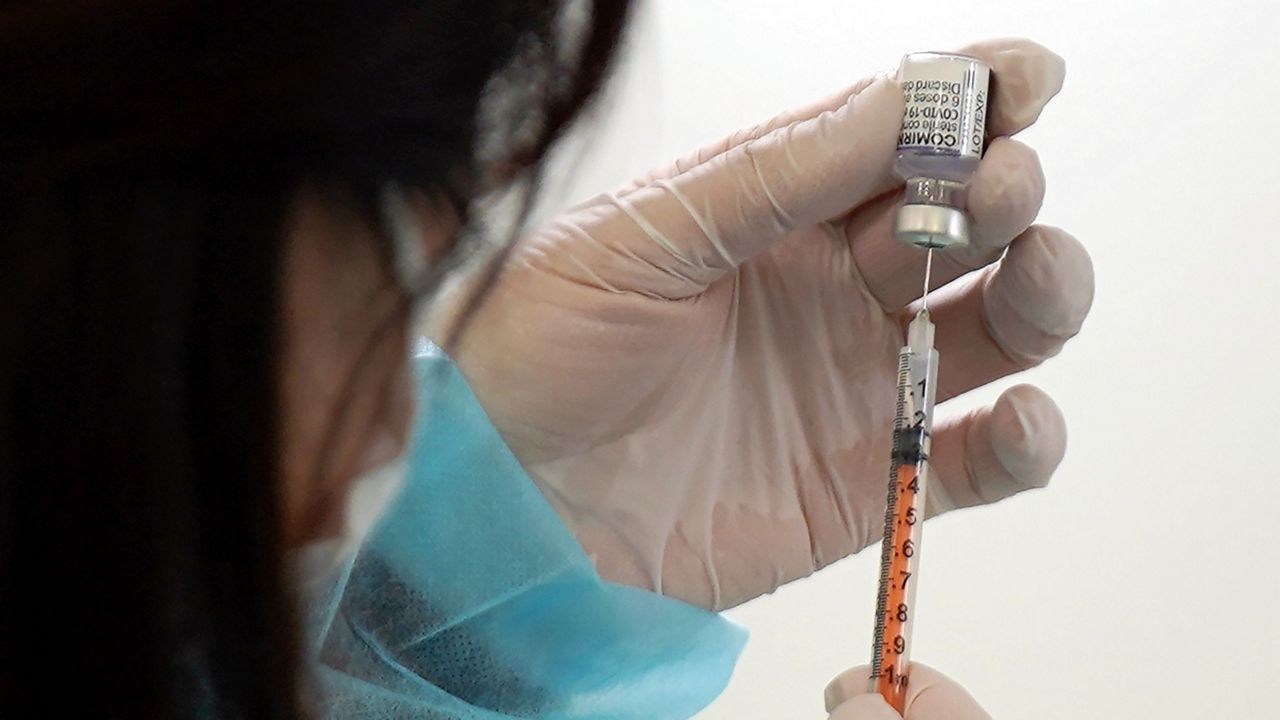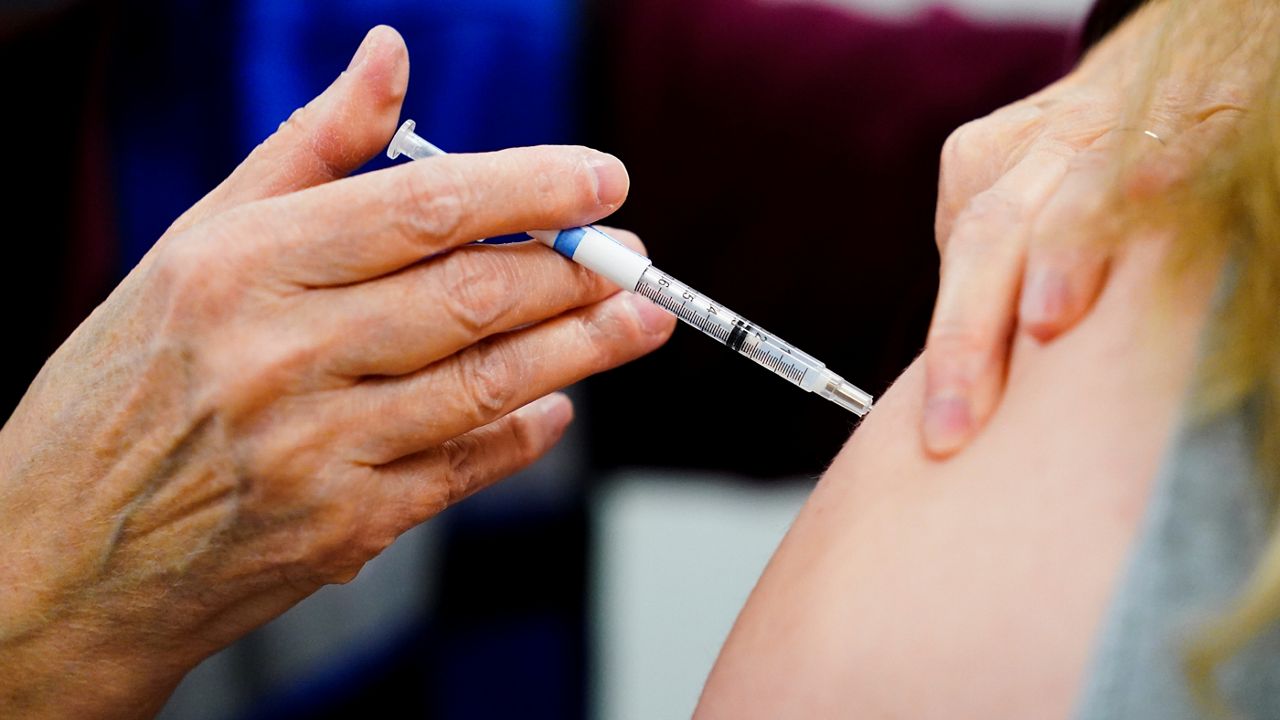RALEIGH, N.C. – Melinda Plue worries about her family during the pandemic like many North Carolinians, but she's especially concerned for people like her brother-in-law, Jake.
"I am a family member and a caretaker of an adult male with I/DD who happens to live independently," Plue says.
The Center for Disease Control says Jake is more likely to have a higher risk of infection or severe illness if diagnosed with COVID-19 because of underlying medical conditions.
"Jake, my brother in law, has staff that comes in and helps him with his activities and daily living. They help him keep his home organized. They help him budget, plan meals, his personal hygiene needs are being addressed," Plue says.
Plue says if Jake were in a long-term living facility, he would have received the vaccine with healthcare workers in Group 2. But Jake, like many with intellectual or developmental disabilities (I/DD), lives independently. He has the same medical conditions, but now will be vaccinated as part of Group 4.
Melinda says people with I/DD are more likely to die from the virus than the rest of us. "People with Down Syndrome are ten times more likely to die," Plue says.
As the Director of Advocacy and Chapter Development at The ARC of N.C., Plue says they are currently talking with NCDHHS about priority levels of people living with developmental disabilities.
"We don't want people with disabilities to be at a higher priority than other people in Group 2. We understand vaccines are limited and we don't want anything other than to not be at the bottom of the list," Plue says.
NCDHHS says they're aligning with Federal Priorities, which is designated to "save lives and slow the spread of COVID-19 by first protecting health care workers, people who are at the highest risk of being hospitalized or dying, and those at high risk of exposure to COVID-19."
CORONAVIRUS
N.C. Group Advocating for People Living with Disabilities During COVID-19
PUBLISHED 8:50 AM EST Feb. 01, 2021








